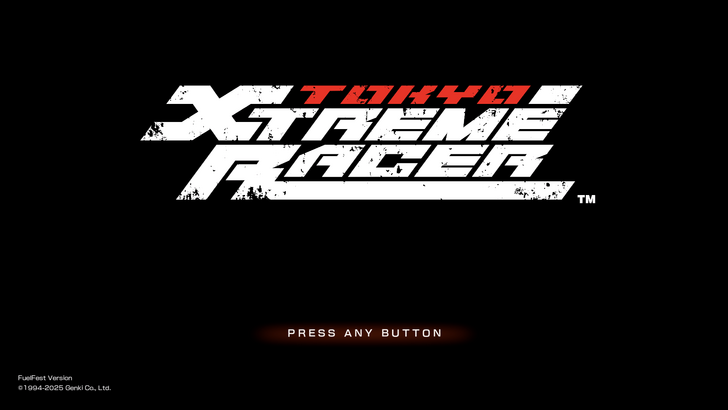Former BioWare developers have criticized EA's assessment of Dragon Age: The Veilguard's underperformance and subsequent restructuring of BioWare. EA CEO Andrew Wilson attributed the game's failure to a lack of broad appeal, specifically citing a need for "shared-world features and deeper engagement" alongside strong narratives. This statement, interpreted by many as advocating for a live-service model, has drawn sharp rebukes from former BioWare staff.
David Gaider, former narrative lead on Dragon Age, argued that EA's conclusion is short-sighted and self-serving. He suggested that instead of focusing on live-service elements, EA should emulate Larian Studios' success with Baldur's Gate 3, a predominantly single-player RPG that achieved massive popularity. Gaider emphasized the continued existence of a dedicated Dragon Age fanbase and urged EA to capitalize on the franchise's strengths.
Mike Laidlaw, another former Dragon Age creative director, expressed even stronger dissent, stating he would resign if pressured to fundamentally alter a beloved single-player IP into a purely multiplayer experience. His comments highlight the potential conflict between EA's pursuit of broader market appeal and the preservation of the core elements that defined Dragon Age's success.
The restructuring of BioWare, resulting in significant layoffs and a focus solely on Mass Effect 5, signals the apparent demise of the Dragon Age franchise at least for the foreseeable future. EA's CFO, Stuart Canfield, framed the decision as a reallocation of resources towards projects with higher potential, reflecting the evolving industry landscape and the perceived need to adapt to changing player preferences. The situation underscores the tension between creative vision and market demands within the video game industry.
 Home
Home  Navigation
Navigation






 Latest Articles
Latest Articles










 Latest Games
Latest Games












